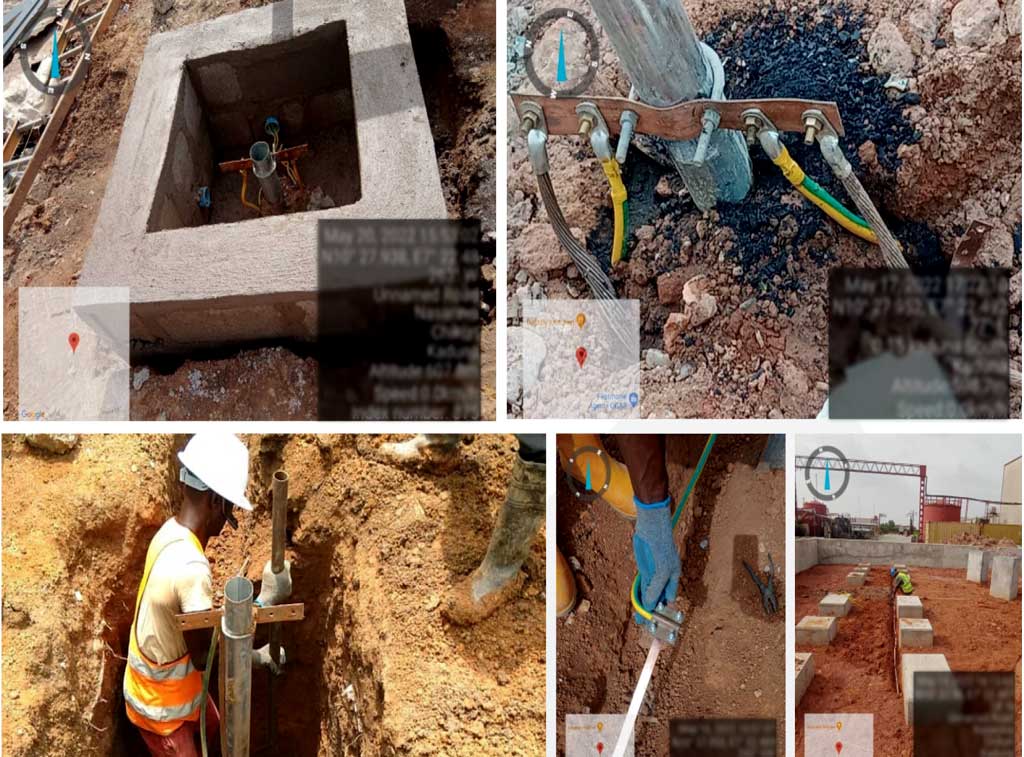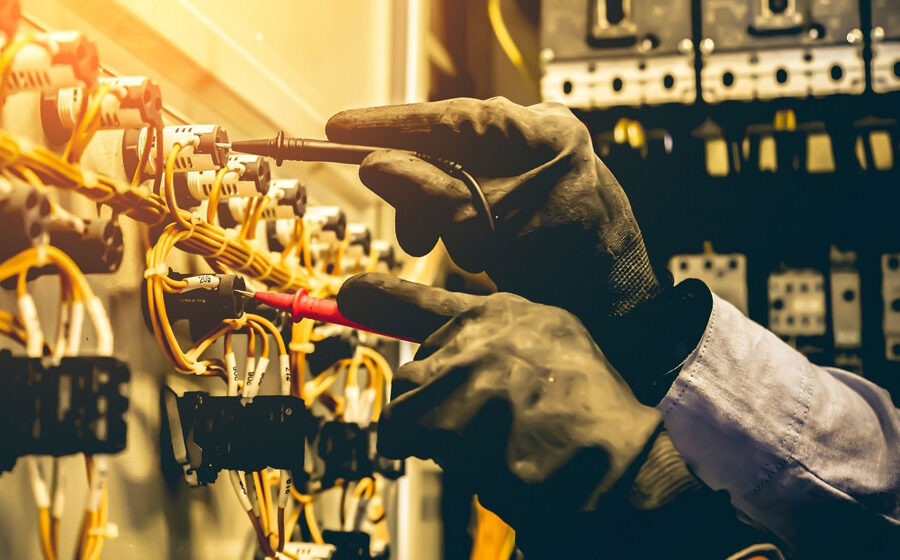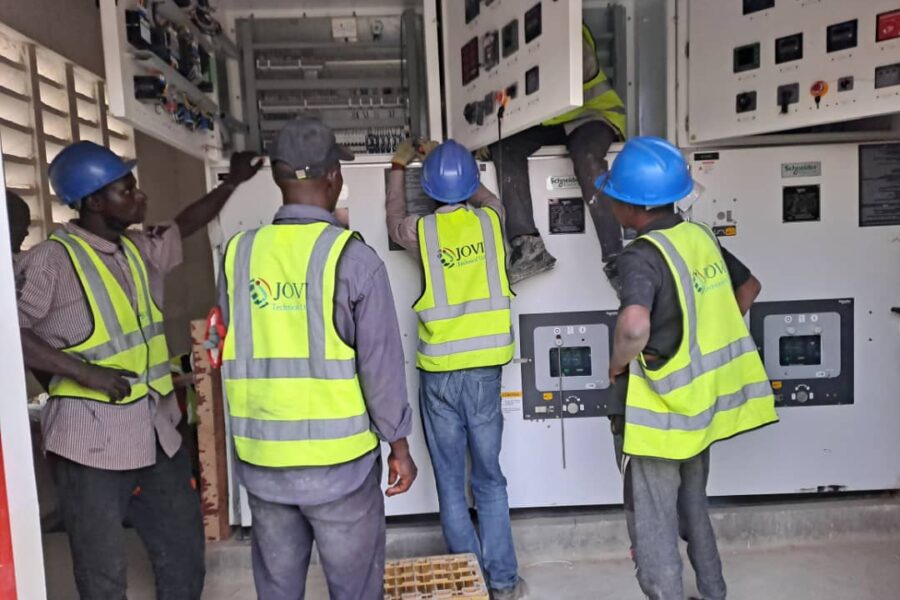Electrical safety is a critical concern in industrial environments, where high-voltage systems and complex electrical networks are in constant operation. Ensuring electrical safety not only protects personnel but also prevents costly damage to equipment and infrastructure.
Understanding Electrical Safety Systems
Electrical safety systems encompass a range of protective measures, including circuit breakers, surge protectors, grounding systems, and insulation monitoring. These systems help to prevent electrical hazards such as short circuits, fires, and equipment failures.
Why Electrical Safety is Crucial in Industrial Operations
- Prevention of Workplace Accidents: Proper electrical safety measures reduce the risk of electrocution, fires, and other hazards in industrial environments.
- Compliance with Regulations: Industries must adhere to electrical safety standards set by organizations such as OSHA and IEC to ensure compliance and avoid legal consequences.
- Protection of Equipment: Unstable electrical conditions can lead to equipment damage, resulting in downtime and costly repairs.
- Business Continuity: Reliable electrical safety systems ensure uninterrupted operations and protect against unexpected power failures.
Implementing Effective Electrical Safety Practices
- Regular Inspections: Conduct periodic electrical system inspections to identify and address potential issues.
- Employee Training: Educate workers on best practices for electrical safety, including proper handling of high-voltage equipment.
- Use of Protective Devices: Implement surge protectors, circuit breakers, and isolation systems to minimize risks.
- Routine Maintenance: Maintain electrical components and systems to prevent deterioration and failures.
By prioritizing electrical safety, industries can safeguard their workforce, comply with regulations, and maintain smooth, uninterrupted operations.



